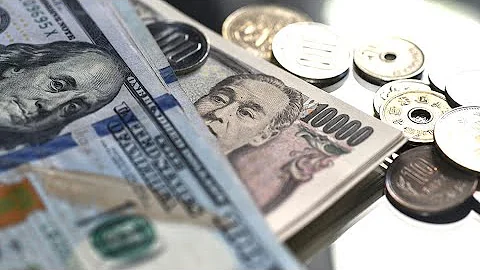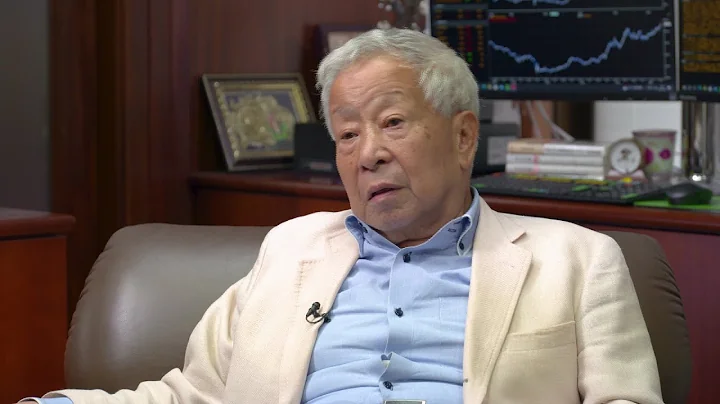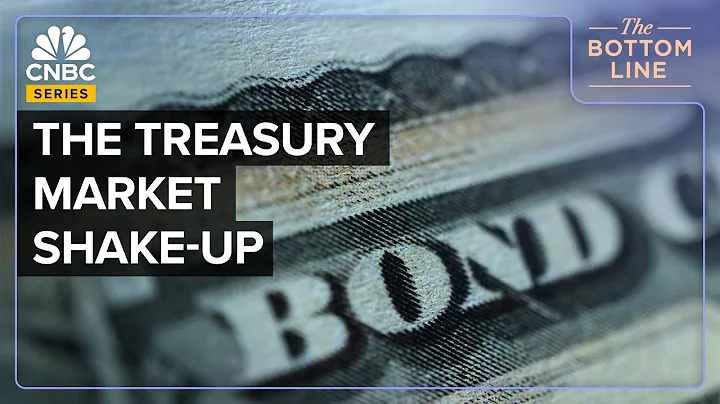The U.S. stock market, China's stock market, and Japan's bond market are called the world's three major bubbles? Today, instead of talking about the first one or two, let’s talk about Japan’s bond market and the yen exchange rate, because Japan’s bond market seems to be a little unsustainable recently.
After reading a lot of economic data in Japan, I guess many investors can’t sleep because Japan’s stock market, bond market, and exchange rate market have all experienced sharp declines recently, which is simply beyond many people’s imagination. Japan’s crisis is going to be Come? Is the bubble coming?
In the past, in most people’s minds, Japan’s government bonds were a safe haven in the world because they had a strong backing from the Bank of Japan. But will the good times continue like this?
html On June 15, Japan’s government bond prices actually plummeted, creating the largest single-day decline since 2013.Some time ago, Japan's ten-year national yield rose to 0.268%, exceeding the 0.25% upper limit expected by the Bank of Japan.
Why is Japan in such a situation?
Why did Japan’s bond market collapse? If you look at the time together, then look back at what happened in the United States.
Everyone knows that the CPi in the United States increased by 8.5% year-on-year in March, the CPI in April increased by 8.3% year-on-year, and the CPI in May actually increased by 8.6% year-on-year. It is refreshing your knowledge every month.

The high domestic inflation in the United States has allowed people all over the world to witness a series of reactions caused by the crazy money printing. Coupled with the international Russia-Ukraine conflict and other factors, the international prices of energy, bulk commodities , food, etc. have recently risen. , has become unbearable for the United States. Although the United States raised interest rates by 525 basis points in March and 50 basis points in May, the inflation level still did not fall back. By May, the inflation level not only did not decrease, but also increased. , it seems that most Americans’ desire for price reductions has failed again.
Therefore, the United States announced another interest rate hike of 75 basis points in June. Don’t underestimate this 75 basis points. This is equivalent to a nuclear bomb-level interest rate increase. In order to suppress inflation , the United States raised interest rates like " "Strong medicine", even the chairman of the US Federal Reserve described this interest rate hike as "extraordinary". This is the largest interest rate hike in the United States since 1994. After all, the United States is also afraid that the people will lose to high inflation. gained confidence.
It is not clear whether such a major interest rate hike in the United States can quickly curb inflation, but will the U.S. dollar raise interest rates and cause an outflow from the global capital market? First of all, the Japanese yen can no longer hold its own. First of all, everyone must understand that capital is profit-seeking.

The U.S. dollar has raised interest rates, and the U.S. dollar index has strengthened. Now the ten-year U.S. bond yield has reached about 3%, while Japan has basically had zero interest rates in the past. Japan has not chosen to follow the U.S. in raising interest rates. This There must be a huge interest differential.
Seeing that U.S. government bonds have higher yields and are so stable, and capital is all about profit, why don’t investors sell Japanese bonds and buy U.S. bonds? So, the U.S. dollar raised interest rates and a massive sell-off began? Capital flows back to the United States?
The depreciation of the yen, Japan’s bubble?
Starting from 2021, the Japanese yen has begun to depreciate, and this year the depreciation is even greater. You must know that in March, 1 U.S. dollar could be exchanged for about 110 yen. As of July 3, 2022, 1 U.S. dollar could be exchanged for about 135 yen, setting a new low in Japan in 20 years. The yen has plummeted and depreciated, and Japan has to Has it crashed?

Looking back at the past, Japan before the 1980s was a leader in the world in home appliances, automobiles, semiconductors , and its development was so dazzling. At that time, Japan became the second largest economic entity in the world after the United States. There is a trend of surpassing the United States, and there are even rumors that "sell the real estate in Tokyo and buy the entire United States." This inflated mentality has been targeted by the United States. At this time, the United States is afraid that Japan will surpass them, so the United States induced Japan to sign the " square" Agreement ", the yen was forced to appreciate, exports were blocked, and the economy also showed signs of collapse.
Before the 1980s, many Japanese and Japanese companies continued to borrow money from banks, and were keen to use the loans to buy houses or engage in speculation. Suddenly they had no money, and some people could only struggle hard, and maybe still bear the burden. Regarding housing loans, in the early 1990s, Japan experienced an economic bubble. A large number of people went bankrupt and lost all their investment. Under this situation, a large number of Japanese people lost confidence in investment.

If there is no investment and no consumption, how will the economy develop? From that time on, Japan began to implement a zero interest rate policy.
Does Japan dare to follow the United States in raising interest rates?
The yen has depreciated and has been harvested to pieces by the United States. Doesn’t Japan have any power to fight back?
In fact, this is not necessarily the case. Japan can still fight back by raising interest rates. The question is, does Japan dare to raise interest rates?
You must know that Japan's debt is 266% of GDP. If Japan follows the United States in raising interest rates, can the Japanese government bear the huge debt? It is possible that Japan's debt crisis will explode. By then, the Japanese government will probably have pronounced a death sentence.

is like a company. Looking at the company's financial status, you need to look at the company's asset-liability ratio. The asset-liability ratio of a company exceeds 90%, which is already considered very high.
Even if Japan suffers a lot this time, just swallow it into your stomach and eat it yourself. Anyway, Japan does not dare to fight back against the United States.
What will be the impact of the US dollar interest rate hike and the depreciation of the yen?
This time the US dollar has appreciated and the yen has depreciated. In addition to being beneficial to the export of Japanese products, there must be a downside. Japan is originally an island country with relatively scarce resources, such as natural gas , oil, coal, ferroalloys , etc. Relying on imports, if the yen continues to depreciate, Japan's import costs may increase.

US dollar interest rate hike, Japanese bonds, stock market crash, Japanese yen depreciation, will the Japanese bubble burst? Let time prove, but in recent years Japan's own advantageous products are being replaced. In addition, Japan is an aging society. There are few people working and the benefits are so good. How to coordinate and balance is a problem.

In the 1970s and 1980s of the last century, Japanese cars could be said to be the leaders at that time, but now new energy vehicles are a hot topic, and the field of new energy vehicles still depends on China. artificial intelligence, and the Internet seem to have nothing to do with Japan. China and the United States are the dominant battlefields for artificial intelligence and the Internet.
The U.S. dollar raised interest rates and the yen depreciated. In the past, Japan lost 30 years. I wonder how long Japan can sustain this time? Let’s wait and see?





















